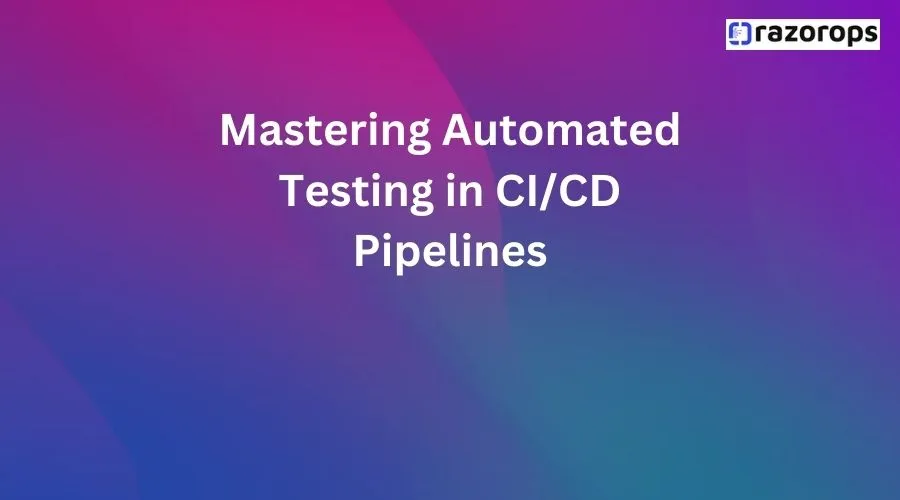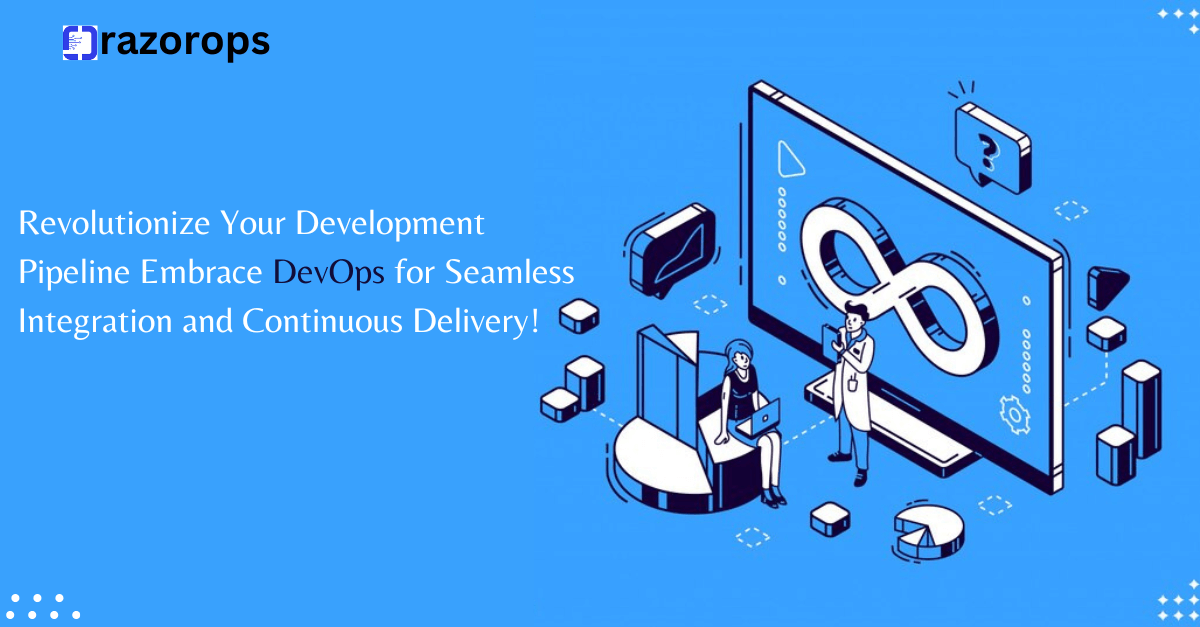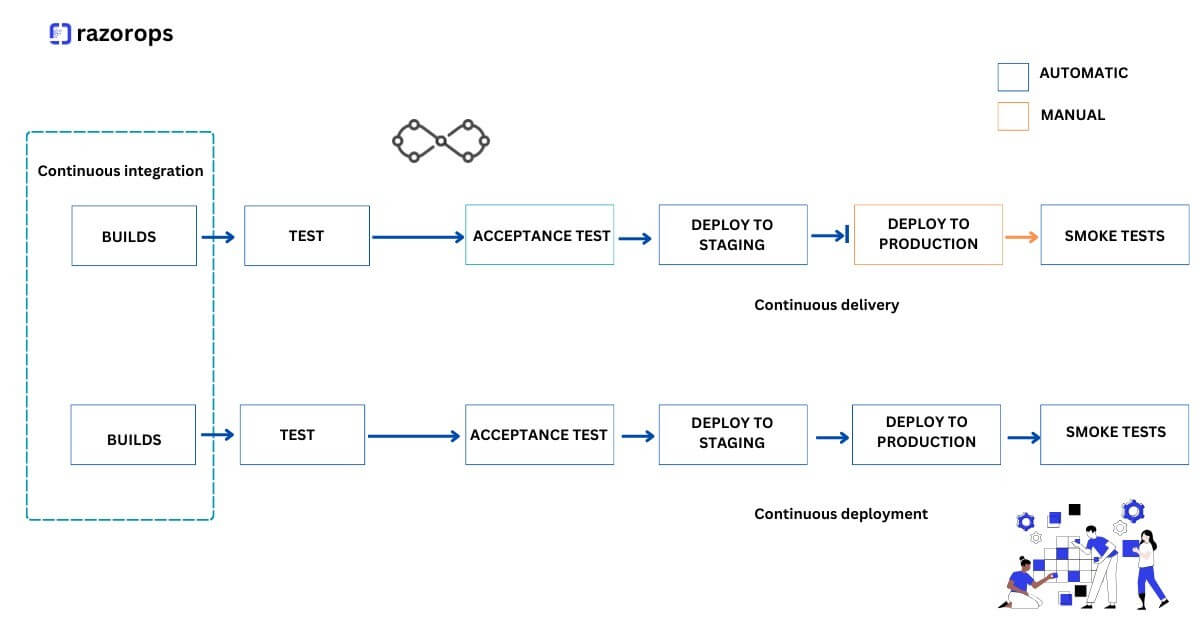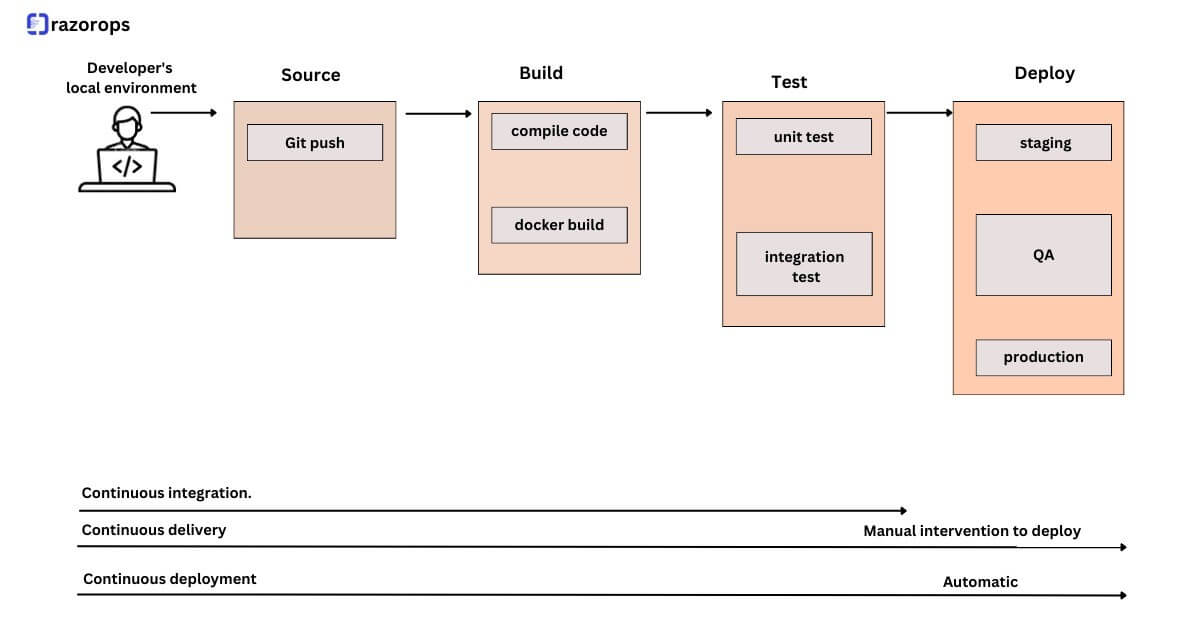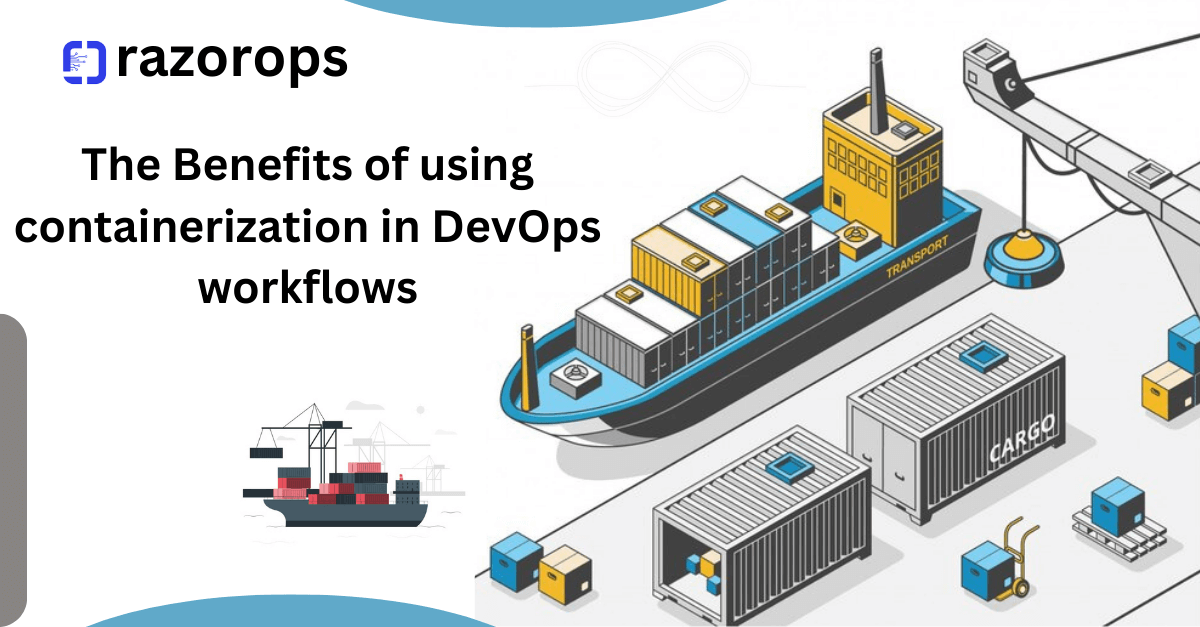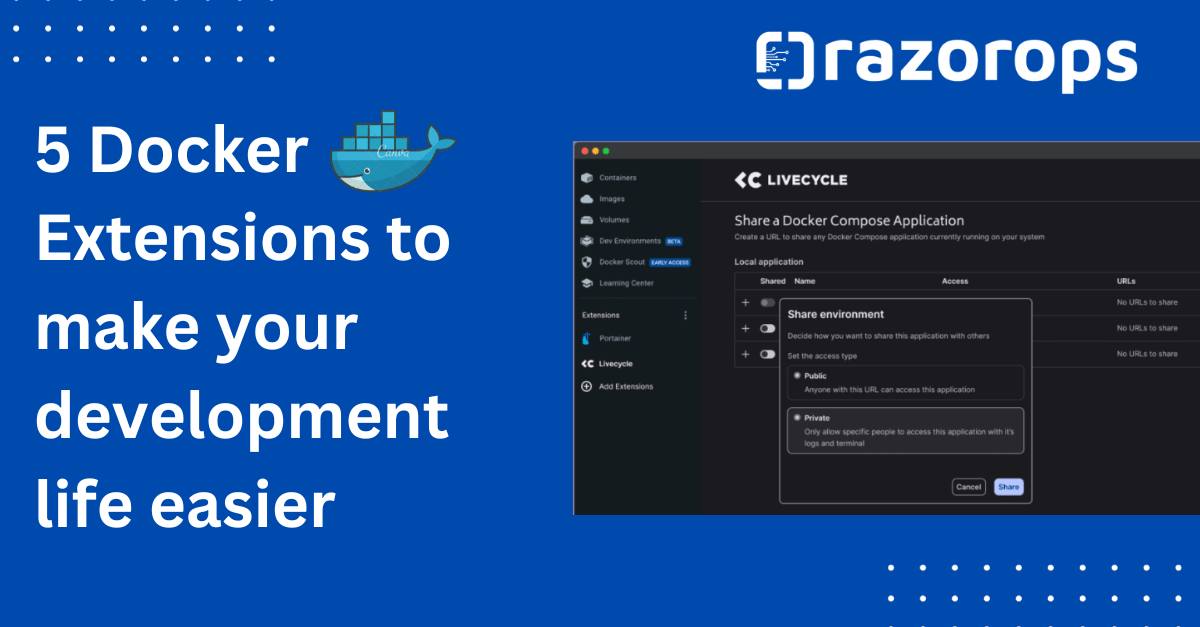Boost Your Software Deliveries with Docker and Kubernetes
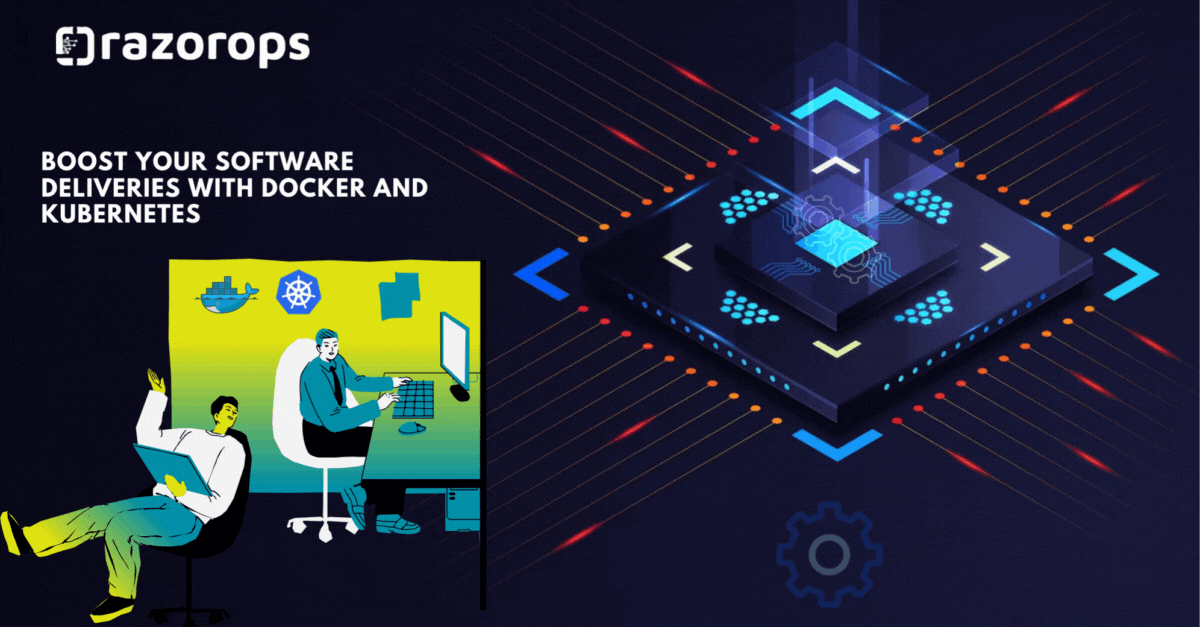
Software delivery are paramount. The ability to swiftly deploy, manage, and scale applications can make a significant difference in staying ahead in the competitive tech industry. Enter Docker and Kubernetes, two revolutionary technologies that have transformed the way we develop, deploy, and manage software.
Understanding Docker and Kubernetes
Docker: Streamlining Development and Deployment
Docker, a containerization platform, has become a cornerstone in modern software development. It allows developers to package applications and their dependencies into containers, creating a consistent environment that runs on any system. This approach minimizes compatibility issues between development, testing, and production environments, streamlining the software delivery pipeline.
Containers encapsulate everything an application needs to run, including libraries, dependencies, and configurations, ensuring consistency across various environments. This isolation enables developers to confidently ship applications without worrying about compatibility issues or infrastructure disparities.
Kubernetes: Orchestrating Containerized Applications
Kubernetes, often abbreviated as K8s, complements Docker by offering a robust orchestration system for managing containerized applications at scale. It automates deployment, scaling, and management of containerized workloads, providing a resilient infrastructure for modern, cloud-native applications.
Kubernetes simplifies the process of deploying containers across a cluster of machines. It manages resources efficiently, ensures high availability, and automatically scales applications based on demand. Additionally, it facilitates zero-downtime updates and rollbacks, enhancing the reliability of software deployments.
The Impact on Software Deliveries
-
Accelerated Development Cycles: Docker’s containerization allows developers to work in isolated environments, reducing conflicts between different software versions or dependencies. This accelerates the development cycle, enabling faster iterations and quicker feedback loops.
-
Consistency Across Environments: With Docker, what you build in development is precisely what runs in production, eliminating the “it works on my machine” dilemma. Kubernetes further ensures this consistency by managing these containers across various environments, guaranteeing seamless deployments.
-
Scalability and Resource Optimization: Kubernetes excels in scaling applications based on demand. It automatically adjusts resources to ensure optimal performance, whether the application experiences a sudden spike in traffic or requires fewer resources during off-peak times.
-
Improved Reliability and Resilience: Kubernetes’ ability to self-heal and auto-scale ensures high availability and fault tolerance. If a container fails, Kubernetes quickly replaces it, minimizing downtime and keeping applications running smoothly.
Implementing Docker and Kubernetes
-
Containerize Your Applications: Begin by containerizing your applications using Docker. Break down your monolithic applications into smaller, manageable containers, allowing for easier scaling and maintenance.
-
Orchestrate with Kubernetes: Implement Kubernetes to orchestrate these containers. Define how these containers should run, scale, and interact within a cluster.
-
Continuous Integration and Deployment (CI/CD): Integrate Docker and Kubernetes into your CI/CD pipelines. Automate the building, testing, and deployment of containerized applications to achieve rapid and reliable software deliveries.
-
Training and Knowledge Transfer: Invest in training your teams to effectively utilize Docker and Kubernetes. Empower your workforce with the skills needed to leverage these technologies to their full potential.
Advantages of Using Docker and Kubernetes for Software Deliveries
-
Portability and Consistency: Docker containers ensure that applications run consistently across different environments, from development to production, reducing deployment-related issues.
-
Scalability and Resource Efficiency: Kubernetes efficiently manages resources, automatically scaling applications to handle varying workloads without manual intervention.
-
Enhanced Reliability: With features like self-healing and automated rollbacks, Kubernetes improves the reliability of deployments, reducing downtime and ensuring a seamless user experience.
-
DevOps Facilitation: Docker and Kubernetes promote collaboration between development and operations teams, fostering a DevOps culture by enabling continuous integration and continuous deployment (CI/CD) practices.
-
Cost Efficiency: Containerization allows for better resource utilization, leading to cost savings by maximizing infrastructure efficiency. Follow RazorOps Linkedin Page Razorops, Inc.


